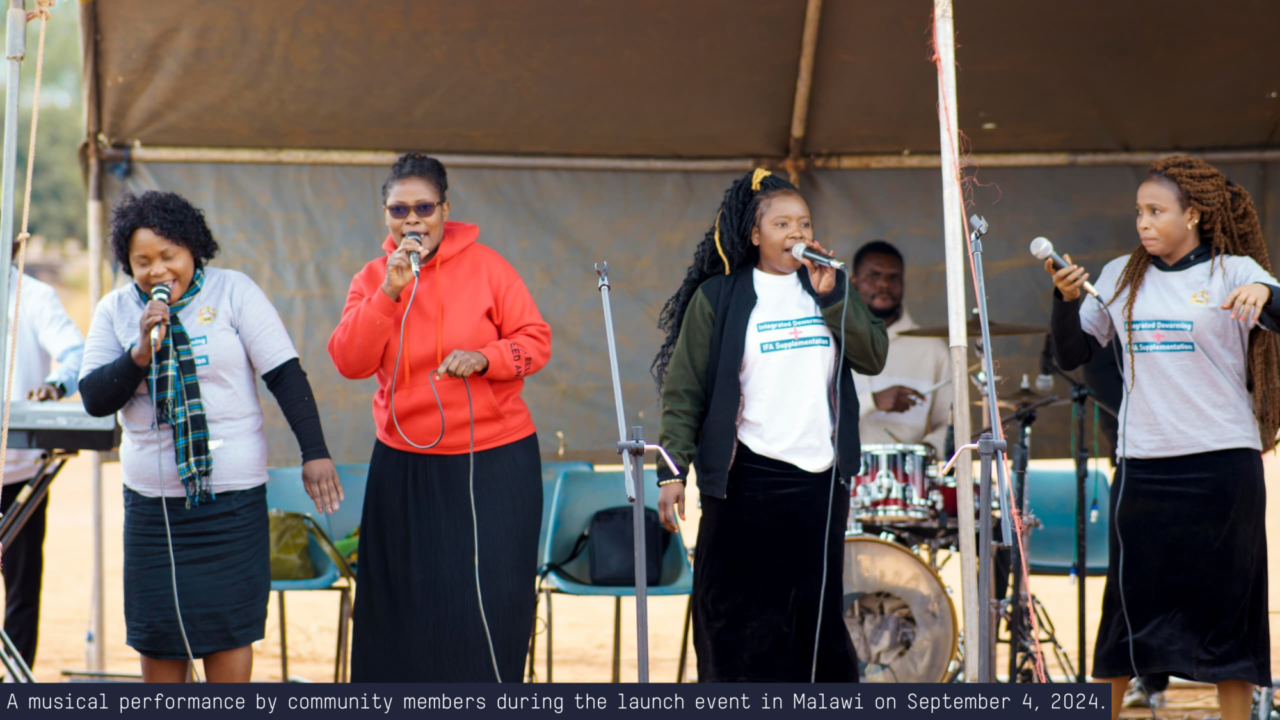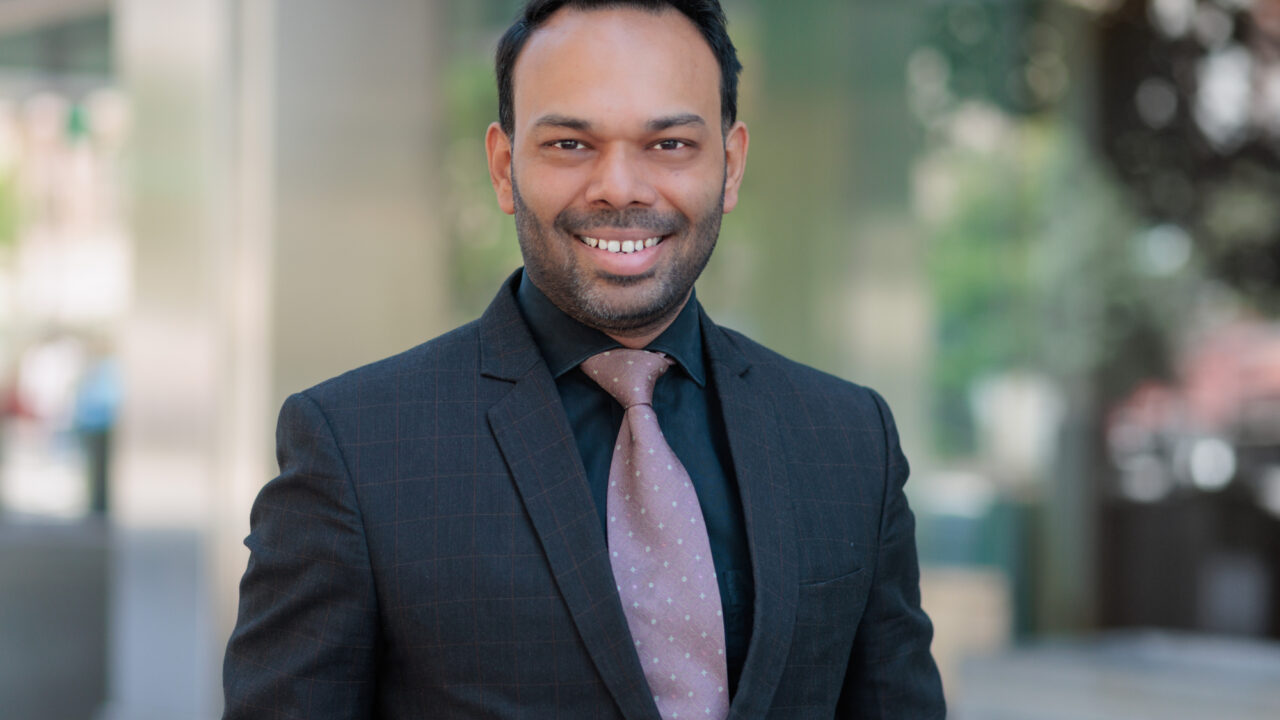In our 5 year organizational strategy launched last year, we redoubled our commitment to our existing flagship programs as critical to our goal of doubling our impact by 2024. To support this commitment, we have now created a Programs department to tie together our flagship programs and our monitoring and evaluation capabilities. This change is designed to increase cross-program learning, prioritizing communication and collaboration to strengthen our impact.
This new department will be made up of the global teams of the Deworm the World Initiative and the Dispensers for Safe Water program and a Monitoring, Learning, and Evaluation (MLE) strategy unit. We are pleased to announce that Brett Sedgewick will assume the new role of Senior Director, Programs, building on his work as Director, Deworm the World Initiative. You can learn more about Brett and his new role in the interview below:
1. What initially drew you to work in global development?
I started my career as a practicing archaeologist and spent a good amount of time working in rural communities abroad. Over time I realized that I wanted to contribute to the world in a more direct and impactful way, and that’s when I began to consider global development as a career.
2. What inspires you the most about working at Evidence Action?
I’m constantly inspired by the impact that we’re having on people’s lives and our commitment to evidence-based, cost-effective decision making. I have been working in global development for well over a decade and I have never worked for an organization that so truly actions its values as Evidence Action does. We spend a lot of time ensuring that our programs are following the best evidence and maximizing our impact, and it aligns our teams in a powerful way.
3. Can you speak to a specific moment on the job that was especially rewarding?
We recently supported the government of Pakistan in launching their first at scale, school-based deworming campaign. We started in Islamabad and then scaled to the province of Khyber Pakhtunkhwa, where the program reached close to three million children. In January, I went to Pakistan to meet with our government partners; I also visited schools, meeting children who had never received deworming tablets before, and the teachers who administered the drugs. The excitement I witnessed, all up and down the chain, from the children, to the school administrator, to regional and national government officials, was incredible. The potential that they saw in the program, and their realization that this low cost intervention could actually be implemented across Pakistan and have a massive impact, was really energizing. It reminded me why we do what we do.
4. What excites you the most about your new role?
Whether it’s addressing neglected tropical diseases through Deworm the World, tackling WASH with our Dispensers for Safe Water, or the work of our MLE strategy team, our staff are leading the way in their respective sectors. I’m really looking forward to seeing how they can learn from each other in order to accelerate their success and the success of Evidence Action. We’ve already started to look at the communities that have been positively affected by both the Deworm the World Initiative and Dispensers for Safe Water. The impacts of WASH and deworming is something that the entire development sector is really looking at, and we have a great opportunity to contribute to that learning.
5. Why is cross-program learning so important to Evidence Action?
All of our programs have an incredible impact on the communities we serve, and with this impact comes a unique set of different challenges for each program. By optimizing communication and collaboration across programs, the solutions we find for one program can strengthen others, allowing our organization to iterate and improve at an even faster pace.
A good example of this has been our adaptations to operating during COVID-19. For instance, the MLE team has had to shift dramatically from in-person surveying to remote surveying. Dispensers for Safe Water and the Deworm the World Initiative are asking very different questions, but their varied approaches present challenges and opportunities that greatly inform each other. This sort of cross-program learning during a time of crisis has been especially powerful to see.
6. What is your vision for the new programs department?
We are an organization that has two incredibly impactful flagship programs. What we’re realizing is that, as our Accelerator team works to scale more programs, we need to have an organizational structure that is capable of supporting an increased number of technically heterogeneous programs. So what I’m really excited about is building this programs team, not just for the programs we have now, but for the growth of the organization, and for the addition of new scaled programs in our future.



